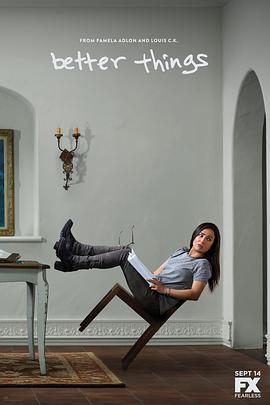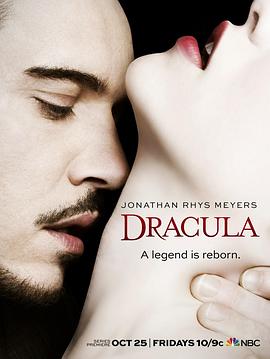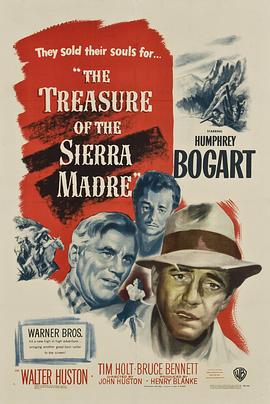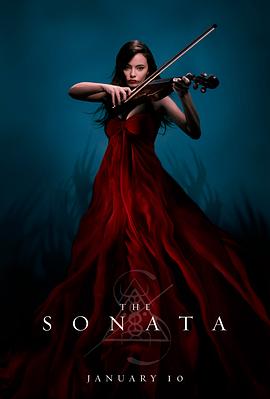欢迎安装高清版[一起看]电影APP
- 欧洲的某个地方

- 又名:
- 欧洲的某个地方/
- 状态:
- HD中字
- 语言:
- 其它
- 地区:
- 其它
- 更新:
- 2024-04-12 02:20
- 你是否也在寻找:
- 欧洲的某个地方 欧洲的某个地方剧情片 欧洲的某个地方主演 欧洲的某个地方什么时候上映
- 欧洲的某个地方剧情
Somewhere in the remote region, the war ends. In the midst of ruined cities and houses in the streets, in rural hamlets, everywhere where people still live, are children who have lost their homes and parents. Abandoned, hungry, and in rags, defenseless and humiliated, they wander through the world. Hunger drives them. Little streams of orphans merge into a river which rushes forward and submerges everything in its path. The children do not know any feeling; they know only the world of their enemies. They fight, steal, struggle for a mouthful of food, and violence is merely a means to get it. A gang led by Cahoun finds a refuge in an abandoned castle and encounters an old composer who has voluntarily retired into solitude from a world of hatred, treason, and crime. How can they find a common ground, how can they become mutual friends? The castle becomes their hiding place but possibly it will also be their first home which they may organize and must defend. But even for this, the price will be very high.
To this simple story, the journalist, writer, poet, scriptwriter, movie director, and film theoretician Béla Balázs applied many years of experience. He and the director Géza Radványi created a work which opened a new postwar chapter in Hungarian film. Surprisingly, this film has not lost any of its impact over the years, especially on a profound philosophical level. That is to say, it is not merely a movie about war; it is not important in what location and in what period of time it takes place. It is a story outside of time about the joyless fate of children who pay dearly for the cruel war games of adults.
At the time it was premiered, the movie was enthusiastically received by the critics. The main roles were taken by streetwise boys of a children's group who created their roles improvisationally in close contact with a few professional actors, and in the children's acting their own fresh experience of war's turmoil appears to be reflected. At the same time, their performance fits admirably into the mosaic of a very complex movie language. Balázs's influence revealed itself, above all, in the introductory sequences: an air raid on an amusement park, seen in a montage of dramatic situations evoking the last spasms of war, where, undoubtedly, we discern the influence of classical Soviet cinematography. Shooting, the boy's escape, the locomotive's wheels, the shadows of soldiers with submachine guns, the sound of a whistle—the images are linked together in abrupt sequences in which varying shots and expressive sharp sounds are emphasized. A perfectly planned screenplay avoided all elements of sentimentality, time-worn stereotypes of wronged children, romanticism and cheap simplification. The authors succeeded in bridging the perilous dramatic abyss of the metamorphosis of a children's community. Their telling of the story (the scene of pillaging, the assault on the castle, etc) independently introduced some neorealist elements which, at that time, were being propagated in Italy by De Sica, Rossellini, and other film artists. The rebukes of contemporary critics, who called attention to "formalism for its own sake" have been forgotten. The masterly art of cameraman Barnabás Hegyi gives vitality to the poetic images. His angle shots of the children, his composition of scenes in the castle interior, are a living document of the times, and underline the atmosphere and the characters of the protagonists. The success of the picture was also enhanced by the musical art of composer Dénes Buday who, in tense situations, inserted the theme of the Marseilaise into the movie's structure, as a motive of community unification, as an expression of friendship and the possibility of understanding.
Valahol Europaban is the first significant postwar Hungarian film. It originated in a relaxed atmosphere, replete with joy and euphoria, and it includes these elements in order to demonstrate the strength of humanism, tolerance, and friendship. It represents a general condemnation of war anywhere in the world, in any form.
- 欧洲的某个地方相关视频
-
完结

巴瑞·埃文斯,George Camiller,Jacki Harding,Robert Lee,Kevork Malikyan,Jamila Massey,Zara Nutley,Ricardo Montez,阿尔伯特·摩西,Franoise Pascal,Dino Shafeek,Pik Sen Lim,Tommy Godfrey,Iris Sadler,Anna Bergman,Gabor V
-
完结

帕梅拉·阿德龙,米奇·麦迪森,奥利维亚·爱德华,露茜·戴维斯,西莉亚·伊姆里,阿莱西娅·雷纳,马库斯·弗拉纳根,凯莱·弗莱明,汉娜·阿利古德,Arturo del Puerto,丽贝卡·梅茨,格雷格·克罗默,珍·理查兹,Erich Wildpret,蒂芙尼·艾尔
-
完结

乔纳森·莱斯·梅耶斯,托马斯·克莱舒曼,奥利弗·杰森-科恩,杰西卡·德·古维,罗伯特·巴瑟斯特,凯蒂·麦克格雷斯,侬索·阿诺斯,本·迈尔斯,维多莉亚·斯莫费特,Miklós Bányai
-
HD

埃米尔·赫斯基,奥莉薇·瑟尔比,麦克思·明格拉,瑞切尔·泰勒,乔尔·金纳曼,维诺妮卡·奥泽尔娃,尤里·库琴科,彼得·费奥多罗夫,达托·巴赫塔泽,NikolayEfremov,GeorgiyGromov,ArturSmolyaninov,AnnaRudakova,IvanGromov,AleksandrChernykh
-
10集全

乔尔·金纳曼,迈克尔·多曼,瑞安·施密特,莎拉·琼斯,珊特尔·范圣滕,乔迪·巴尔弗,克里斯·鲍尔,克莉丝·马绍尔,诺亚·哈普斯特,奥利维亚·特鲁希略,Meghan Leathers,Nick Toren,斯宾塞·加雷特,埃里克·拉丁,Arturo del Puerto,索尼亚·瓦格尔,华莱士·朗翰,迈克尔·哈尔尼,内森·科德里,梅根·多兹,丹·华纳,泰迪·布鲁姆,瑞贝卡·薇索基,蓝尼·雅各布森 ,
-
HD

兹比格涅夫·齐布尔斯基,夏娃·克尔齐塞夫斯卡,瓦克劳·扎斯特泽金斯基,亚当·帕夫利克夫斯基,博古米尔·科别拉,扬·切切尔斯基,Stanislaw,Milski,Artur,Mlodnicki,Halina,Kwiatkowska,Ignacy,Machowski,Zbigniew,Skowronski,芭尔芭拉·克拉夫托夫娜,Aleksander,Sewruk,索菲娅·切尔文斯卡,Wiktor,G
-
HD

亨弗莱·鲍嘉,沃尔特·休斯顿,提姆·霍尔特,布鲁斯·班尼特,巴顿·麦克莱恩,Alfonso Bedoya,Arturo Soto Rangel,Manuel Dondé,罗伯特·布莱克,Guillermo Calles,Roberto Ca?edo,Spencer Chan,杰奎琳·达利娅,拉尔夫·邓恩,帕特·弗莱厄蒂,马丁·加拉拉加,杰克·霍尔特,约翰·休斯顿,Julian Rivero,杰伊·
-
HD

芙蕾雅·廷利,西蒙·阿布卡瑞安,詹姆斯·福克纳,鲁格·豪尔,Catherine,Schaub-Abkarian,马特,·,巴伯,Christopher,Brand,James,Kermack,Myster,Jo,Laine,Ligere,Stengrévica,Aurélija,Pronina,Andrejs,Zikovs,迈雅·奇普斯特,Artürs,Ghoss,尤里斯·克鲁兹,Mat,Luca
-
HD中字

Isabelle Weingarten,丽贝卡·保利,Jeffrey Kime,杰弗里·凯里,卡米拉·莫拉,Alexandra Auder,帕特里克·波查,Paul Getty Jr.,维娃,塞缪尔·富勒,Artur Semedo,Francisco Baião,罗伯特·克拉莫,艾伦·加菲尔德,罗杰·科曼,Adelaide João,维姆·文德斯
-
HD中字

查巴·策勒,格雷戈里·特罗萨尼,马克·比肖夫,斯蒂芬·吉利斯萨,皮洛斯卡·莫尔纳,Gábor Máté,Géza Hegedüs D.,Zoltán Koppány,艾尔文·莱德,Adél Stanczel,Lajos Parti Nagy,János Gyuriska